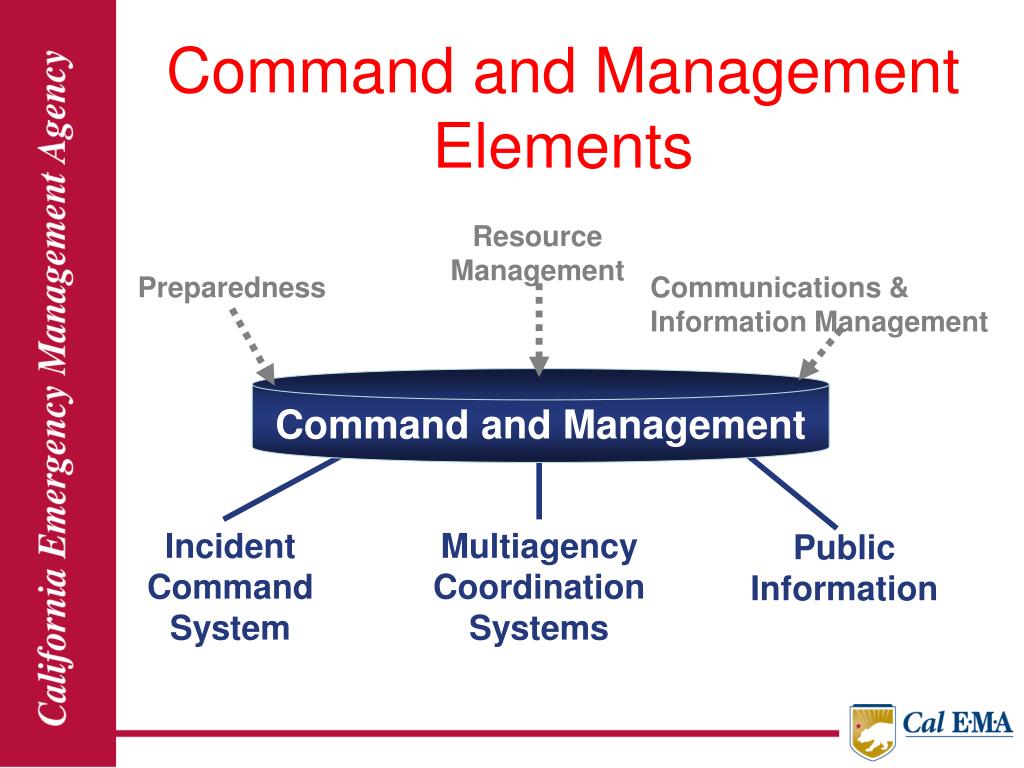
The trading zone doctrine contrasts this assumption by stressing the importance of negotiation through which the meaning, value, and consequences of crisis information is debated and assessed. The dominant warehouse doctrine presupposes that all crisis information can be gathered, synthesized, and disseminated in a uniform and unambiguous way. Two opposing crisis information management doctrines can be defined in this process: the information warehouse and the trading zone. In practical terms, the call for more engaged crisis management cumulates in the process of developing situational awareness (SA) through the common operational picture (COP) in traditional institutional designs like the Incident Command System (ICS). Institutional designs reflect the shared rules, norms, and belief systems that are established as guidelines for social behavior, which shape the nature of decision making, coordination, and information-sharing processes. To deal with these contemporary requirements of crisis management, renewed institutional designs are needed. As crises disturb more and more societal strata and rapidly span across different types of networks, traditional crisis structures need to become more open and responsive. The requirements for effective and responsive crisis management have developed significantly in the face of proliferating transboundary crises and rising societal demands during the information revolution. Disasters © Overseas Development Institute, 2015. In addition, the paper discusses the implications of the research for the state of knowledge of the system and for the direction of future research. While undertaken using different methodological approaches, the ICS research suggests that the system may be limited in its usefulness. This paper reports on the findings of the analysis related to the focus, theoretical frameworks, population and sampling, methods, results, and conclusions of the existing research literature.


To probe this question, a methodological review of the scant, but widening, pool of research literature directly related to the ICS was conducted. Accordingly, this study addresses the following research question: 'How has research explored the ICS?'. Given the foundational and the fundamental role that the Incident Command System (ICS) is intended to play in on-scene response efforts across the United States, it is important to determine what is known about the system and how this is known.


 0 kommentar(er)
0 kommentar(er)
